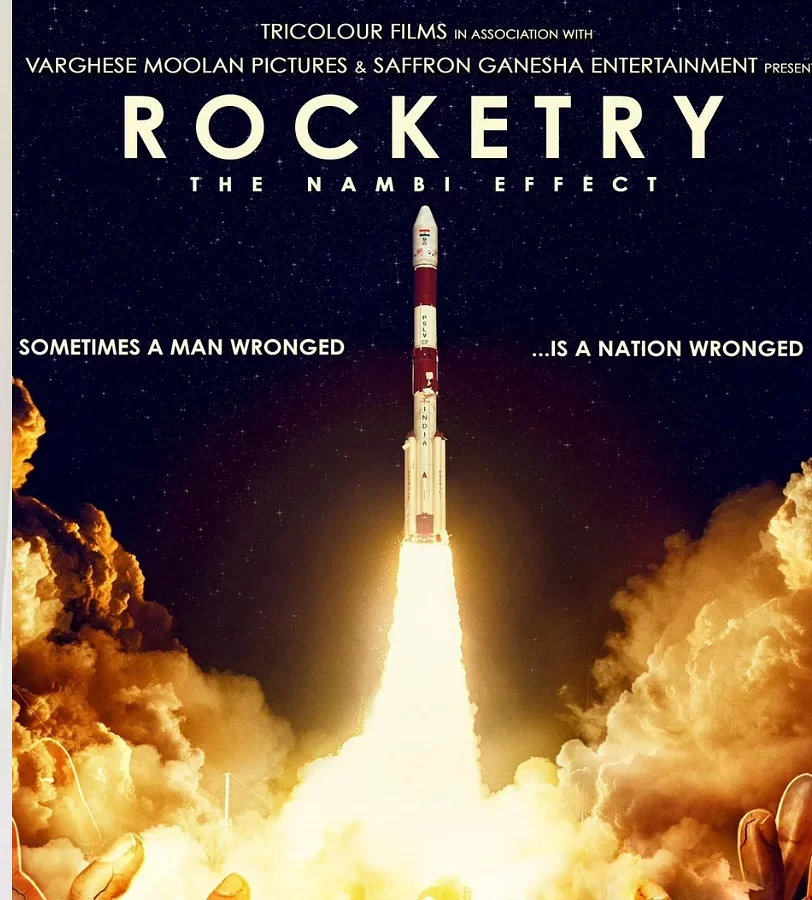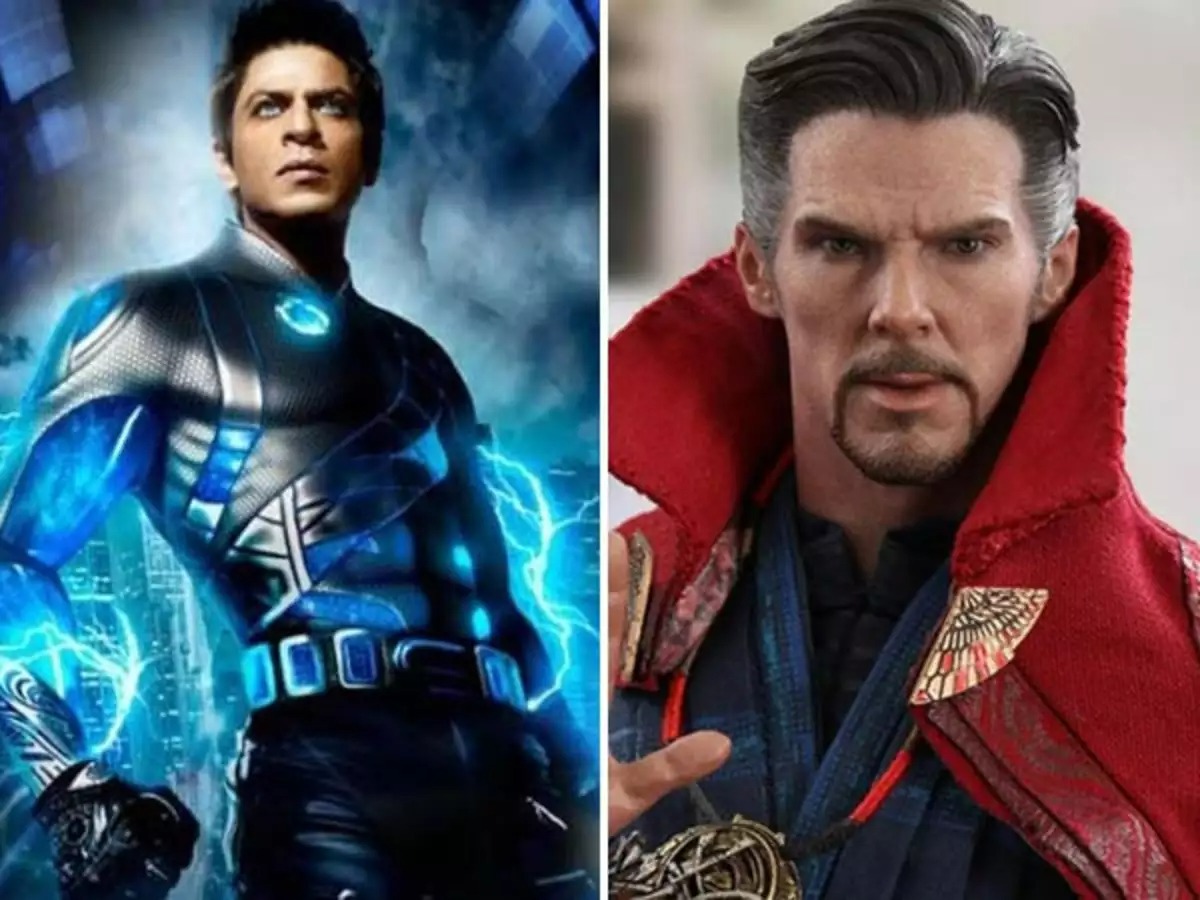Mumbai: The Middle East International Film Festival (MEIFF) will host a discussion panel on ‘Challenging stereotypes – what film can and cannot do, and the role of the US-Muslim world partnerships’ in conjunction with the USA’s Muslims on Screen and Television (MOST) on Saturday 18 October, 12pm at Emirates Palace.
"At a time of great tension and mutual suspicion between the United States and the Muslim world, there remains a critical need for increased understanding and accurate representation on both sides," said MEIFF vice chairman and Abu Dhabi Authority for Culture and Heritage (ADACH) director general Mohamed Khalaf Al Mazrouei.
MOST is a joint initiative between Washington DC thinktank – the Brookings Institution – and Film and Education NGO Unity Productions Foundation; Gallup; and the One Nation for All Foundation; MOST provides valuable resources and accurate information on Islam and Arabs for the US entertainment community.
As Arab and Muslim themes and characters increasingly appear on television and film, they present an especially complex challenge to those writers and producers seeking to present nuanced portrayals, not stereotypes. Recognizing the power of the arts to increase knowledge and impact society, MOST seeks to create and maintain a relationship with the creative community in American film and television.
"This inaugural MEIFF / MOST panel discussion will hopefully play a vital role in balancing portrayals of Arab and Muslim characters and themes on American film and television, with MEIFF providing the ideal platform to commence meaningful dialogue on the topic," said MEIFF dDirector Nashwa Al Ruwaini.
The panel will be moderated by Cynthia Schneider and includes panellists Omar Amanant, Kerem Bayrak, Chip Johannessen, Abdullah Bjad Al Oteibi, Mishari Al Oteibi, Kamran Pasha, Leena Al Ali, and Pelin Turgut with the participation of Nashwa Al Ruwaini, Ovidio Salazar and Bader Ben Hirsi.
Panelists will discuss the following questions – 1. How can film effectively challenge the negative stereotypes of Muslims and Islam that dominate Western popular culture?
2. What are the most effective ways for western filmmakers and industries, particularly in the US, to engage with filmmakers in the Muslim world? 3. What are best practice examples of programmes or collaborations? 4. How does a filmmaker from the Muslim world make it on a global scale? 5. What does making it mean for today’s filmmakers from the Diaspora, or from Turkey, Egypt, or other Muslim majority countries?
In keeping with the Brookings Institution’s original mandate and with Unity Production Foundation’s, Gallup’s and One Nation’s missions, Muslims on Screen and Television aims to inform the public debate, not advance a political agenda.
The MOST initiative importantly keeps in mind that millions of Arabs and Muslims are also American citizens – living, working and raising families in the United States.




